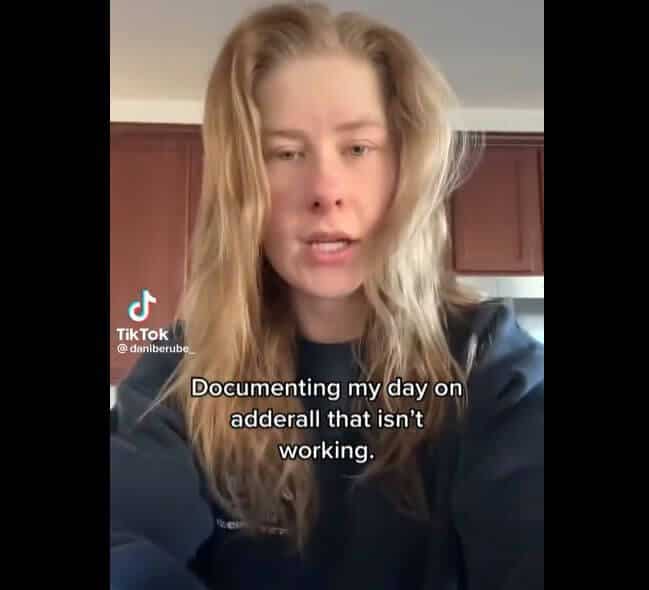“You are 100% not receiving adderall,” one TikTok user of the popular ADHD medication claimed. She said she passed a drug test for work with none of adderall’s active ingredient, amphetamines, detected in her system.
“I take it, and then I feel like I’m just waiting for the – you know, ‘Let’s get it to happen.’ And then it never comes.”
“Excuse my language, but this – this shit is not working,” another user claimed. “I don’t know what they’re giving us, but it’s not it. It’s not it. This isn’t real.
“Every single morning I would take these. I would get instant butterflies in my stomach and it would be this extreme focus all day, and a terrible feeling right before I go to bed, a little bit of anxiety and I couldn’t fall asleep. None of that. Now, granted it’s helped my sleep, but that’s how I know it’s not working.”

These are two of many users claiming that adderall is being diluted amid a nationwide shortage in the US. Some are unable to refill their prescriptions at all. Supply of alternative drugs Vyvanse and Ritalin are also being affected.
Unlike other post-COVID shortages, however, this one is driven by a surge in demand, rather than supply-side disruptions.
“All of our drug shortage infrastructure, and everything we have in place in this country to mitigate the impact of shortages, is based on potential disruptions in supply,” one expert told NBC. “It’s been very unusual to have a shortage based an increase in demand.”
Why is demand outpacing supply? ADHD prescriptions in the US jumped from 35 million in 2019 to 45 million in 2022.
And because ADHD medications are amphetamines, the US Drug Enforcement Agency tightly regulates manufacturers’ inputs. Their permits are based on prescriptions filed; the system doesn’t contemplate a sudden structural increase in demand.
The New York Times observed that social media claims of adderall “not working” actually began during COVID lock-downs. This suggests that some users were mistaking the boredom and lower motivation of quarantine – and thus lower amounts of the dopamine and noradrenaline that ADHD drugs produce – for a reduced drug effect. It is also well established that disruptions to routine and general life stresses make ADHD symptoms more difficult to manage.
This is exacerbated by the shift to online-only study at many universities, which is more conducive to amphetamine-fuelled study binges. Surveys suggest over a third of US’s 15 million college students regularly use adderall to get through their courses.
The good news is that amphetamine sensitivity increases with lower use. For now, users will have to suffer through irritability and withdrawals until they make it out the other side.
Follow Christian on Twitter for more news updates.
Feature image courtesy of @sharonmccutcheon via Unsplash.
Sign Up To Our Free Newsletter